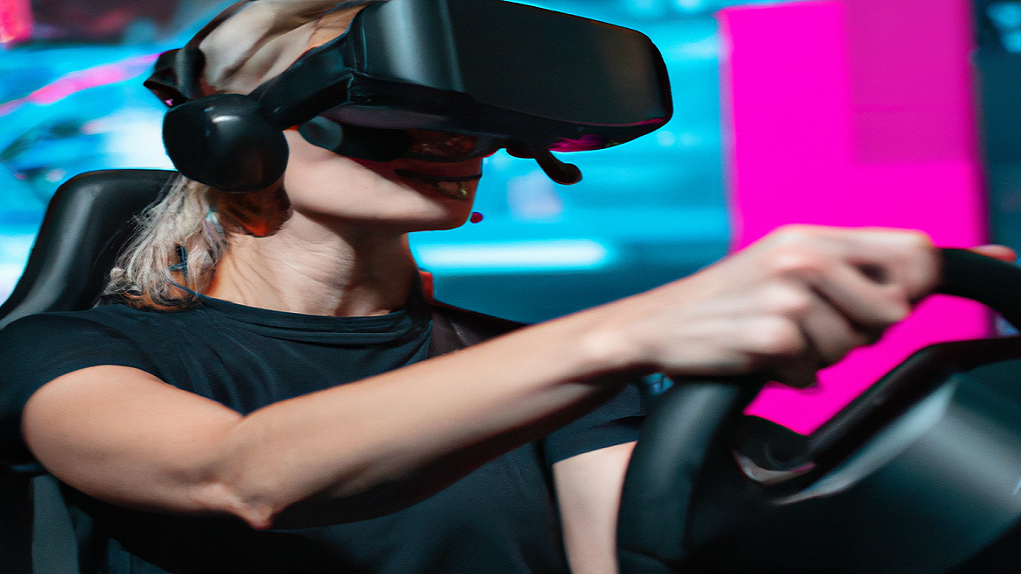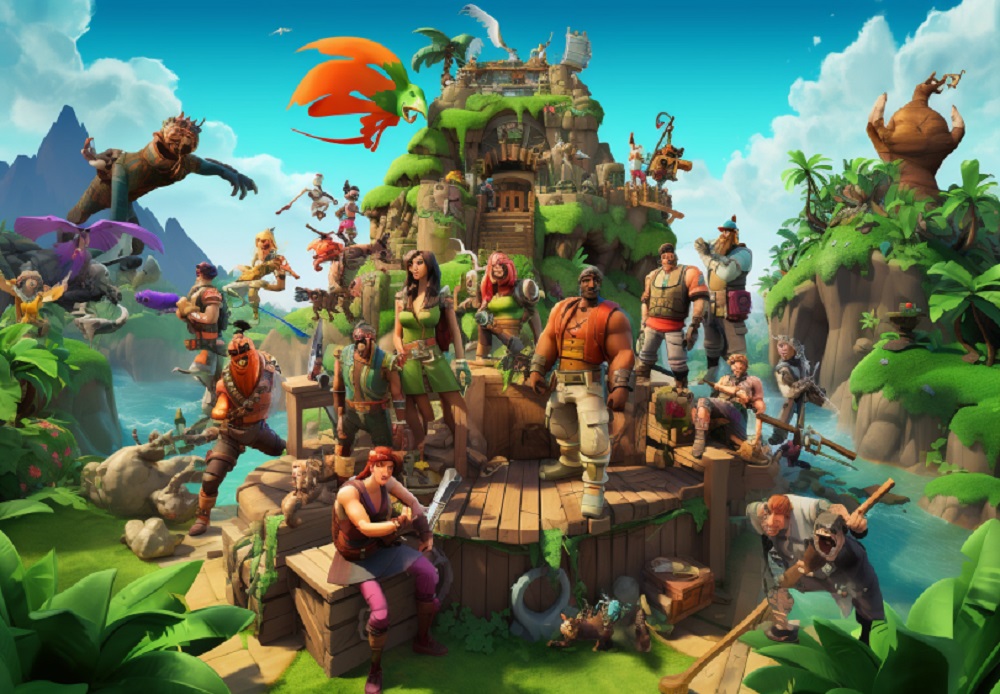Virtual Reality (VR) game development has seen a significant rise in popularity in recent years, offering game developers a new medium to create immersive and impactful experiences. The rise of VR technology has provided game developers with the tools they need to create games that transport players to another world and offer a truly unique and immersive gaming experience. However, developing games for VR is not without its challenges. From hardware limitations to the difficulties of designing for a new medium, game developers face a range of obstacles. This article will explore the major challenges and opportunities in VR game development and what the future holds for this exciting new field.
Challenges in VR Game Development
Hardware Limitations
One of the biggest challenges in VR game development is hardware limitations. VR headset technology is still in its early stages, and developers must work within the constraints of the available hardware. For example, VR headsets can still be relatively heavy and uncomfortable to wear for extended periods, and the resolution of the displays may be lower compared to traditional gaming displays. This can make it challenging to create immersive experiences that fully utilize the VR medium. Additionally, VR technology is still relatively expensive, making it difficult for game developers to reach a large audience. This can limit the potential for VR games to become mainstream and generate significant revenue.
Designing for a New Medium
Another challenge in VR game development is the difficulty of designing for a completely new medium. In VR, players are fully immersed in the game world, requiring a different approach to game design. For example, fast movement or sudden changes in perspective can cause discomfort or motion sickness in some players, so developers must carefully consider the player's experience when designing their games. In addition, VR also requires a new approach to user interaction, as traditional game controls may not be appropriate for VR environments. This requires game developers to think creatively and come up with new ways to control the game and interact with the game world.
Opportunities in VR Game Development
Immersive Experiences
One of the biggest advantages of VR is the ability to create truly immersive experiences that are both entertaining and emotionally impactful. In VR, players can feel like they are a part of the game world, leading to a deeper connection with the game and its characters. This opens up new opportunities for storytelling and game design and creates the possibility of new gaming experiences not possible before. With VR, game developers can create games that allow players to experience new and exciting worlds, environments, and perspectives, leading to a more engaging and memorable gaming experience.
New Business Models
VR games often require specialized hardware, limiting the potential audience. However, this also creates the opportunity for developers to sell hardware alongside their games and create recurring revenue streams through subscriptions or in-game purchases. In addition, VR also opens up new opportunities for advertising, as advertisers can create immersive and interactive advertising experiences that can engage players in new and exciting ways. This creates the potential for VR games to generate significant revenue through multiple revenue streams, including hardware sales, subscriptions, and in-game purchases.
Potential for New Types of Games
VR offers the potential for new types of social games where players can interact with each other in virtual spaces. This could lead to new and exciting experiences such as virtual reality parties where players can socialize and play games together in a completely artificial environment. Additionally, VR also offers the potential for new types of educational and training games where players can learn new skills or practice real-world scenarios in a safe and controlled environment. This creates the potential for VR games to be used for educational and training purposes, leading to new and exciting applications for VR technology.
The Future of VR Game Development
The future of VR game development looks bright, with the potential to revolutionize the gaming industry and offer new and exciting experiences to players. As VR technology continues to advance, developers will have the tools they need to create even more immersive and engaging games. This will likely lead to the growth of the VR game development industry and increased investment in VR technology and game development. Additionally, as VR technology becomes more affordable, it will become accessible to a wider audience, creating new opportunities for game developers to reach a larger audience and generate more revenue.
Bottom-Line
VR game development presents both challenges and opportunities for game developers. From hardware limitations to the difficulties of designing for a new medium, developers must overcome a range of obstacles to create truly immersive and impactful VR experiences. However, the rewards are substantial, with the potential to create new and exciting games, generate significant revenue, and revolutionize the gaming industry. As VR technology continues to advance and become more accessible, the future of VR game development looks bright, and it will be exciting to see what new and innovative games developers come up with in the future.
If you need a VR game developer to help you with your project, feel free to contact us! RiseAngle has been active in VR development from 2016, and VR games developed by RiseAngle have amassed more than 400,000 installs so far.






